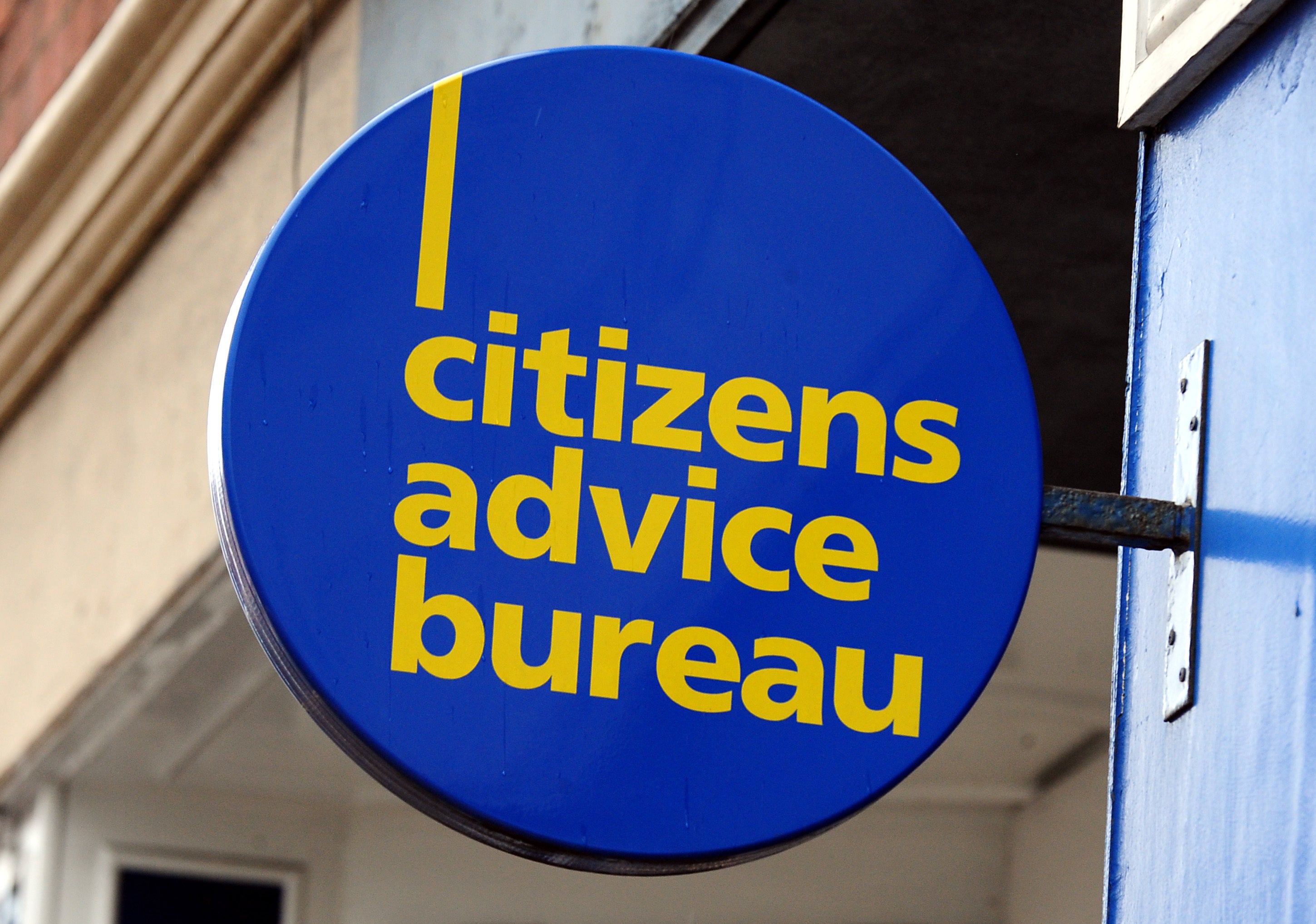
More than one in five (22%) people do not feel optimistic about improving their finances in 2025, a survey has found.
Grapples with rising bills, concerns about the economy, perceptions around incomes being unlikely to increase and not having enough money to save or invest were among the common reasons for people feeling downbeat, according to the research published by money app Moneybox.
The study involving 2,000 people across the UK also found that around a quarter (26%) of people said unexpected expenses kept setting them back.
To mark Stress Awareness Month in April, Moneybox has compiled tips to help people build their financial resilience. Global markets have experienced turmoil in recent days, following US President Donald Trump’s unveiling of tariffs.
Moneybox said that financial stress is something many people will experience at some point – and no matter how carefully people plan, they cannot control every factor that will affect their finances.
The research, carried out by OnePoll in December, also found nearly half (48%) of people cited the increased cost of living as a barrier to achieving their 2024 financial goals.
Two-fifths (38%) had found it challenging to save regularly, and a fifth (21%) were living from one pay packet to another.
Brian Byrnes, head of personal finance at Moneybox, said: “If money starts to feel overwhelming the best first step you can take is to get clarity. Take a step back and look at your finances as a whole. Whilst it might be tempting to push money worries to the back of your mind, remember that knowledge really is power.”
He added: “We all carry regrets about missed financial opportunities, but real progress is made with small, consistent steps. And the good news is that just starting – no matter how small the step – can instantly help you feel more in control.
“While we can’t predict what’s ahead, there are practical actions you can take right now to help you manage financial stress and build greater long-term financial resilience.”

Here are five suggestions from Moneybox for easing financial stresses:
– 1. Review spending
Map where your money goes and be proactive about adjusting your budget. Look for “quick wins” such as cancelling unused subscriptions, switching bill providers or renegotiating better deals. Small tweaks could free up cash for saving or investing. Having a clear view of spending can help people to weigh up different options.
– 2. Schedule regular financial check-ins
Consider setting aside some time each week to review finances, going over bank statements, updating budgeting tools, and checking automatic payments. Regular reviews could help people stay on top of any changes and catch issues early.
– 3. Try to build a financial buffer and make savings work harder
Automated transfers or rounding up spare change can help people to build an emergency fund without making big lifestyle changes.
Compare savings rates to ensure they are competitive and consider making the most of tax-efficient accounts such as Isas.

– 4. Get help if you are struggling
Do not hesitate to seek help if expenses and debts are becoming a problem. Free advice is available from organisations such as Citizens Advice, and many service providers offer flexible repayment plans to help customers navigate difficult times. Getting support can ease the burden.
– 5. Do not let “bumps in the road” throw long-term plans off course
There will always be bumps in the road and unforeseen events. Celebrate small financial “wins” and stay focused on long-term goals.
Retirement specialist warns of pensions pitfalls amid market turmoil
Easter holiday spend of £1,272 on average for families with children – survey
Grandparents helping to fund grandchildren to get behind the wheel – survey
Has your pension value dropped? Here’s why you shouldn’t worry
Mortgage relief as major lender to slash rates below 4 per cent
Expert tips on how to become a Self-Invested Personal Pension millionaire







